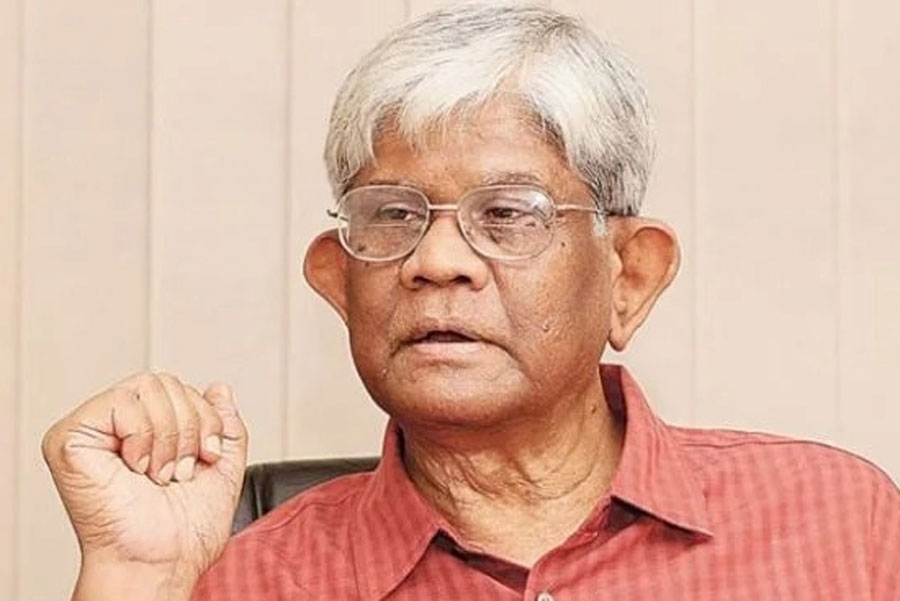ONLINE REPORT
F inance Adviser Dr Salehuddin Ahmed on Sunday said that the International Monetary Fund (IMF) is primarily concerned about Bangladesh’s low revenue generation.
“The main focus of today’s (Sunday) discussion was on how much revenue can be generated, the size of the upcoming budget, and the expected deficit,” he told the reporters after a meeting with IMF visiting team members at the secretariat.
Stressing the need to continue improving governance in the banking sector, Dr Ahmed also stated that the issue of imposing a law to deal with non-performing loans also came up.
When asked where the IMF’s emphasis lies regarding the disbursement of the fourth and fifth tranches of its loan programme, the finance adviser said, “The key issues are increasing tax revenue, stabilising the foreign exchange rate, and reducing the budget deficit.”
Asked specifically about the exchange rate, he said that both the exchange rate and foreign exchange reserves were discussed.
On whether he remains hopeful about receiving the fourth instalment, he said, We are optimistic.”
“They (the IMF team) said they would return to Washington, review the situation, and then give their opinion. We are scheduled to meet again on April 19, and a review meeting is expected around May-June,” Dr Ahmed told the reporters.
He said the final decision regarding the loan will be made after that review. “They will provide recommendations based on their assessment.”
In response to a question about the IMF’s views on the country’s economic situation under the current government, Dr Ahmed said Bangladesh’s economy is currently stable and heading in the right direction.
When asked whether the IMF was demanding sacrifices or offering flexibility, he said, “We are doing what is necessary for us.”
“We have already shown our good intentions. Now, it’s their turn to demonstrate goodwill,” he went on.
He said reforms are essential regardless of IMF support.
“We must take action—not because the IMF says so—but because it’s vital for our economy. We need to reform the banking sector, address bad loans, and boost revenue generation. These are fundamental things we have to do anyway.”
On the revenue sector, Dr Ahmed said, “There are revenue leakages that need to be addressed. The tax-to-GDP ratio must improve. The tax net has to be expanded. Many people file returns declaring zero income, despite having earnings. This practice must be curtailed.”
He, quoting the visiting team, said Nepal and Sri Lanka perform better than Bangladesh in terms of tax-to-GDP ratios.
Regarding a query on the introduction of a single VAT rate, Dr Ahmed said, “We will try to move toward a single rate, but it cannot be implemented right this moment.”


